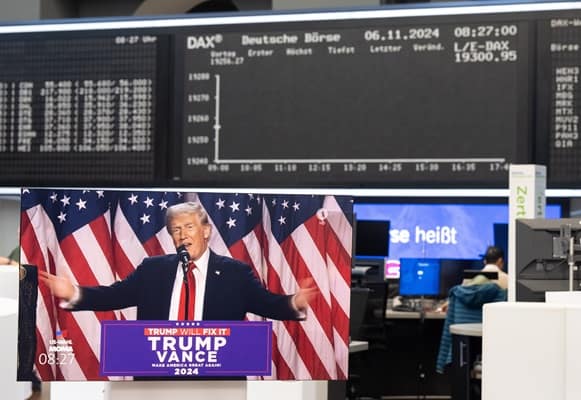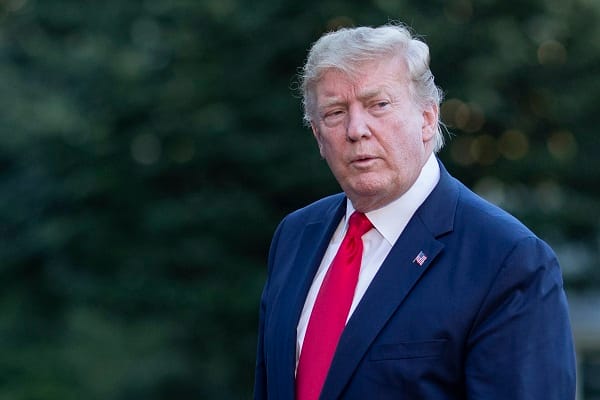Bussiness
What Donald Trump’s US election victory means for the financial markets – London Business News | Londonlovesbusiness.com

Following Donald Trump’s election as the 47th president, the financial markets are buzzing, with a number of notable moves.
In the crypto space, Trump’s victory has fuelled market excitement – Bitcoin has an-time high, rocketing past $75,000 – with investors rallying behind his crypto-friendly stance, in which he’s openly spoken about backing crypto enthusiasts and cutting regulations.
Gold prices also surged on a mix of geopolitical concerns and central banks snapping up more reserves.
Over on Wall Street, the Russell 2000 index jumped to levels not seen since 2021, reflecting optimism in US focused small-cap stocks. The S&P 500 and other US indices also climbed sharply, as investors appear to be betting on Trump’s pro-business playbook. In terms of individual stocks, Tesla’s share price leaped in after-hours trading, riding the wave of positive sentiment and the possibility of Musk helping to run the US in some capacity, while Goldman Sachs shares are up almost 10 percent.
In terms of currency, Trump’s pro-business agenda, with tax cuts and more tariffs, has given the dollar a quick boost. The currency has reached March 2020 highs against the Mexican peso and the Chinese yuan as markets react to anticipated policy shifts favouring US growth and the incoming president’s policies towards both Mexico and China.
Looking ahead, Trump and the Republicans’ electoral triumph is set to cause short-term market gains. The incoming president has historically been a market-friendly candidate, focusing on policies that benefit corporations and investors. A Trump administration would likely continue lowering corporate taxes, boosting large corporations like Apple or Amazon and helping to drive their stock prices higher.
Along with more market-friendly policies, Trump’s win is also likely to lead to aggressive deregulation, with the combination driving stronger short-term gains across US equities, especially in sectors like industrials, financials and healthcare – all of which thrived during his first term. A Republican win will also likely mean less regulation and more support for fossil fuels, benefiting traditional energy companies and presenting a challenge to the renewable sector.
Trump’s protectionist trade policies may also stir up some inflation, which would nudge the Federal Reserve towards higher interest rates. This stance could also create pressure for foreign currencies and lead to ripple effects in international markets. For instance, Trump has a rocky relationship with China so we could expect some volatility in these markets.










